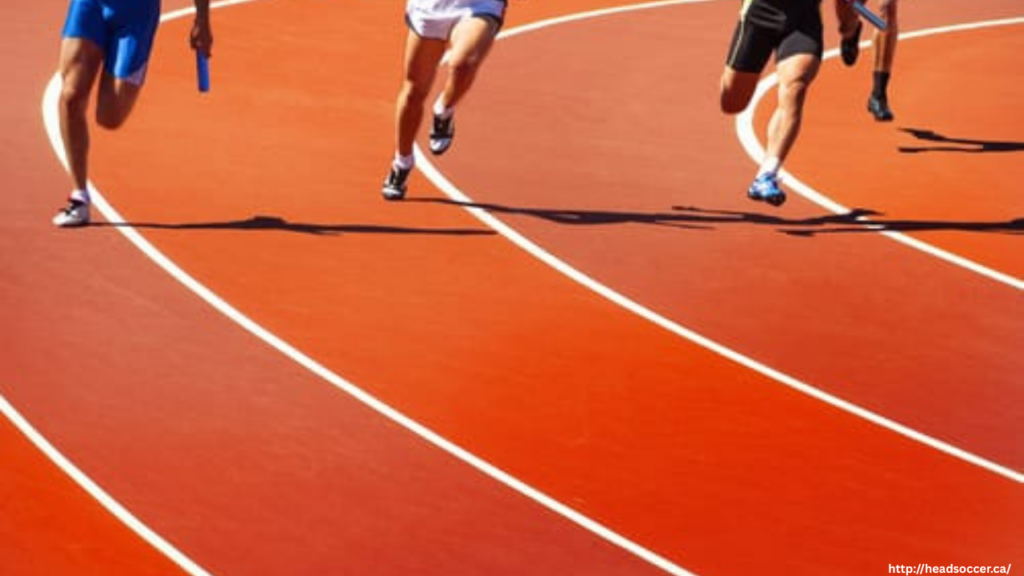
Addiction doesn’t discriminate, and even the world’s most elite athletes can find themselves caught in its grip. Behind the fame, fortune, and athletic prowess, many professional athletes quietly struggle with substance abuse. But just as they train relentlessly to succeed in their sport, many show remarkable resilience in their battle against addiction. Overcoming substance dependency is not easy, but with the right support, resources, and determination, countless athletes have broken the cycle and reclaimed their lives.
Facing the Reality
The journey to recovery often begins with a difficult but crucial first step: acknowledging the problem. For athletes accustomed to pushing through pain and adversity, admitting vulnerability can be a monumental challenge. Fear of losing their careers, disappointing fans, or appearing weak often delays the decision to seek help. However, those who confront their addiction head-on often find that honesty becomes the foundation for lasting recovery.
Athletes such as tennis star Andre Agassi and NFL quarterback Brett Favre have publicly shared their struggles with addiction. Their stories highlight that recognizing the issue and asking for help is a sign of strength, not weakness.
Seeking Professional Help
Rehabilitation programs tailored to the unique needs of athletes play a vital role in recovery. These programs often combine medical treatment, mental health support, and physical rehabilitation. Since athletes are used to structured training, they often respond well to the routines and goals established in recovery settings.
Therapy is also a cornerstone of recovery. Cognitive behavioral therapy (CBT), group therapy, and one-on-one counseling help address the underlying causes of addiction, including mental health challenges like depression, anxiety, and trauma. For many athletes, therapy also aids in rebuilding identity beyond sports—a crucial step, especially for those approaching retirement or struggling with life after competition.
Building a Support Network
Recovery is rarely a solo journey. Support systems—including family, friends, teammates, and recovery communities—play a crucial role in helping athletes stay sober. In many cases, former athletes who have battled addiction themselves become mentors and advocates, offering hope and guidance to those just beginning their path to recovery.
Sports organizations and leagues are increasingly recognizing the importance of mental health and addiction support. Programs aimed at education, early intervention, and ongoing care are becoming more common, fostering a culture where seeking help is encouraged.
Reclaiming Life and Purpose
Overcoming addiction allows athletes to rebuild their lives both on and off the field. Some return to their sport with renewed focus and a deeper appreciation for their careers. Others find new passions, becoming coaches, entrepreneurs, or advocates for mental health and addiction awareness.
Their stories inspire others and challenge the stigma surrounding addiction. They prove that recovery is not only possible but can lead to a more fulfilling and purpose-driven life.
Conclusion
Breaking the cycle of addiction is a challenging but transformative process. For professional athletes, it often means redefining strength and finding new meaning beyond the scoreboard. With courage, support, and determination, many have proven that it’s never too late to take back control and thrive once more.
